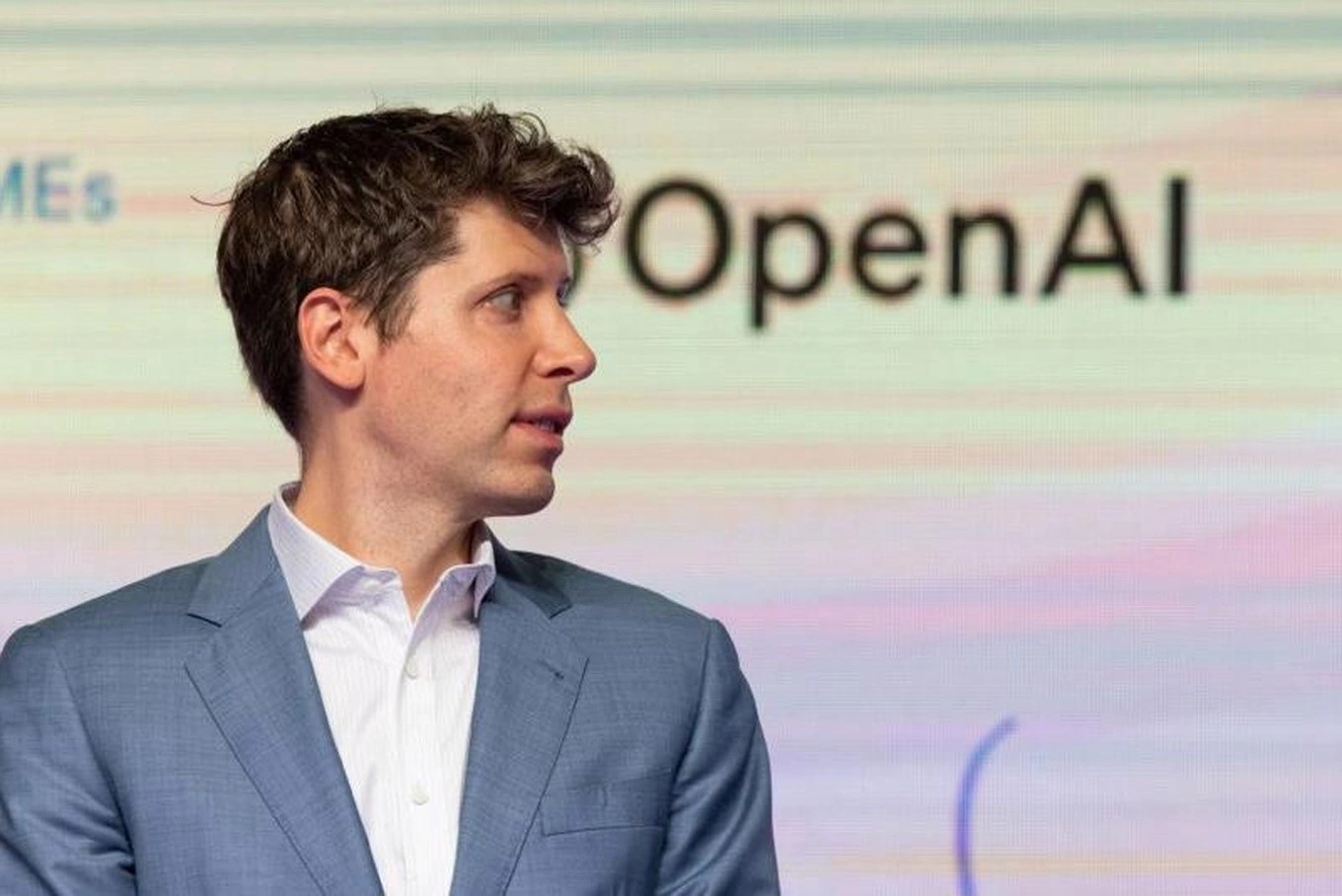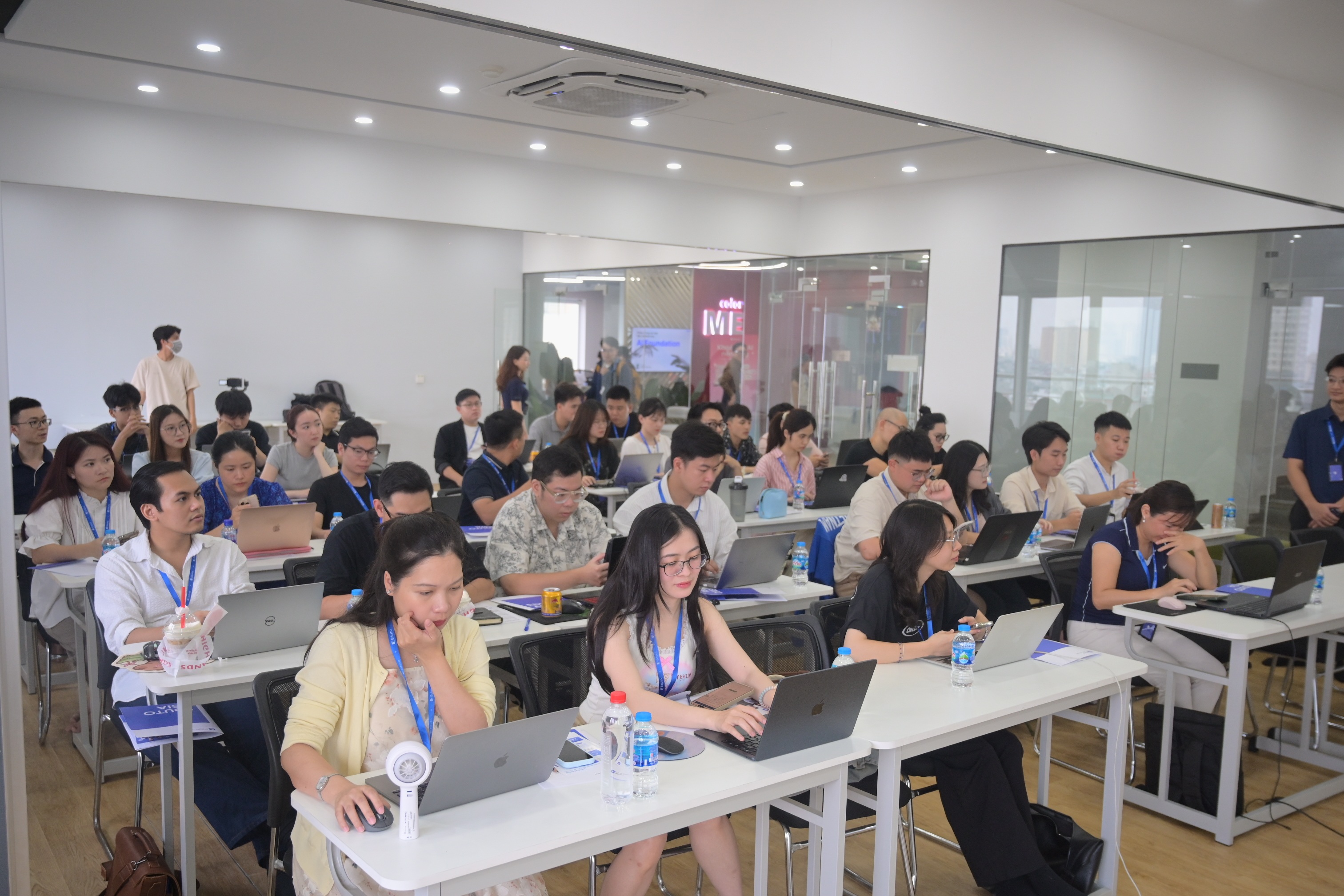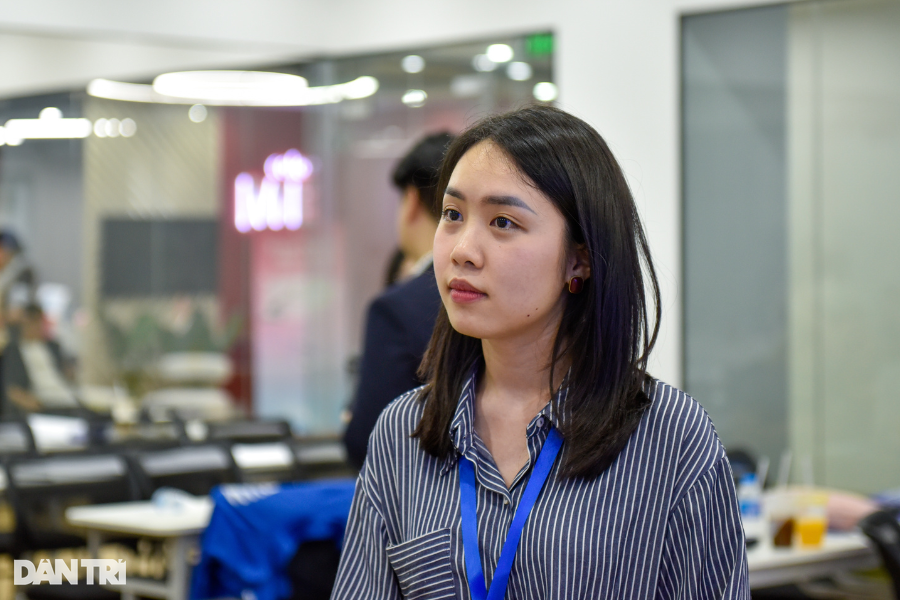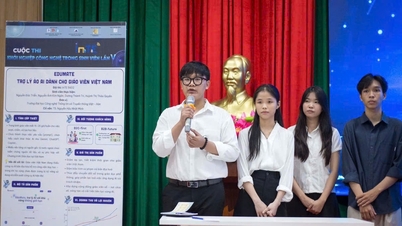“Passport” in the digital age
In recent years, generative AI has exploded with its ability to innovate beyond traditional boundaries. This year, a new wave continues to emerge: AI agents, “virtual colleagues” capable of automating repetitive tasks, are gradually appearing in real-world work environments.
AI is no longer just a competitive advantage or a plus point on a resume. Now, understanding and using AI is becoming a real survival skill, a necessary condition for every worker to adapt and not be left behind in the context of a rapidly changing job market.

According to Decision No. 1131/QD-TTg dated June 12, 2025 signed by Prime Minister Pham Minh Chinh , AI is considered one of 11 strategic technology groups (Photo: Getty).
Nguyen Gia Hy, an artificial intelligence lecturer at Swinburne University (Australia) and a PhD student at Deakin University, said: “AI skills are now gradually becoming a basic requirement, similar to Word or Excel skills in the past. If you are not proficient, it is almost impossible to compete in the modern office environment.”
This reality has been happening clearly. Ms. Thuy, founder of a silver jewelry store, said about the recruitment situation: "Currently, for positions such as marketing, I have started to require candidates to know how to use basic AI tools such as ChatGPT or applications that support image and video creation. In the near future, I will expand this requirement to many other departments."
Mr. Dung, director of an English center and who has just completed a course on AI, shares his perspective: “AI can make some jobs disappear, but at the same time it also creates new jobs, helping to increase productivity dramatically in many fields. Anyone in a revolution who does not learn and change to adapt will inevitably be eliminated from the game. If they do not update and do not learn new things, they will certainly be eliminated.”
This shift is being recognized not only by technology experts or business leaders but also by direct workers. Regardless of age or position, every individual needs to equip themselves with AI skills if they do not want to be left behind.

Sam Altman, CEO of OpenAI, has repeatedly emphasized that mastering AI will become the minimum requirement to survive in the labor market (Photo: OpenAI).
However, knowing how to use it is not enough, you also need to use it effectively to create results that are superior to those in the same position. It is these motivations that have made many people determined to embark on the journey of "learning from scratch" about AI.
From Gen Z to CEO, "learning from scratch"
The AI revolution is flattening all barriers of age, experience or social position. Everyone has to start over, learn how to get used to the tools and mindset of using AI.
Generation Z, who have grown up entirely in a digital environment, are often thought to be quick to adapt, ahead of new trends and proficient with technology. But with AI, the story is completely different.

AI classes are receiving great attention from both employees and business owners (Photo: Contributor).
Minh Ngoc, a student at a university, shared frankly: “I adapt quite quickly to new technologies, including AI. But I only know how to use them at a basic level and to reach a level of proficiency and good application in work and study is still a long way off.”
This female student also admitted that it was the pressure to use AI better than others and partly the pressure from her boss that forced her to quickly seek out AI courses to improve her knowledge and ability to apply AI in daily tasks.
Ms. Duong, currently working as a design specialist, said: “AI is both a challenge and an opportunity for me personally and for the industry I am pursuing.
It will create opportunities when applying AI tools to create and automate to optimize work, but I also feel pressured to always change, learn, and develop further because I am afraid of being eliminated if I do not know how to take advantage of this tool.
The woman affirmed that AI is one of the required skills and standards of human resources.
Like Minh Ngoc's story, Ms. Hoa, currently working in the field of financial accounting, stated the reason for participating in AI courses: "I know and know how to use AI, but to use advanced AI such as performing automation, building agents, combining many tools together is a completely new thing."

Ms. Hoa, currently working in the field of financial accounting, believes that in the near future, AI will be a mandatory skill for human resources (Photo: Cong Khanh).
Ms. Hoa said that she could not stand aside when witnessing AI increasingly present in most jobs and industries. Therefore, she and some friends signed up for an AI course, hoping to access advanced tools to serve their work more effectively in the future.
Not only young people, many veteran entrepreneurs and managers are also proactively “relearning” to catch up with the new wave of technology. They are the ones who see the long-term trend and clearly feel the urgency to adapt if they do not want to be left behind.
Ms. Thuy, a retail store owner, shared that at first she thought her industry was not related to AI. However, after a period of self-study, she realized that this technology can optimally support repetitive tasks and increase efficiency in marketing content production.
“I gradually realized that most industries would have to apply AI to optimize business operations. Therefore, I decided to go to school to gain a foundation of knowledge, then research further and apply it to real-life applications at the store,” Ms. Thuy shared.
Mr. Dung, Director of an English center, also expressed his opinion: "Although the specific level of application cannot be determined yet, AI will certainly penetrate into every field. Everyone should spend time learning about AI, because this is an inevitable trend of the digital age."
Be careful of getting lost in the AI tool matrix
The growing demand for AI training has led to a proliferation of training courses. However, alongside well-structured and quality programs, there are still many “training traps” lurking in the market, disguised as advertisements that promise rapid results but with superficial content, wasting time and money for learners.
Huyen Mai, a marketing employee, shared an unpleasant experience: “I once spent 5 million VND to register for an AI course because I believed in the advertisements that only one lesson was enough to master the tool. But in reality, the course was taught very superficially, lacked a system, the program was of poor quality and was completely disconnected.”
From her own experience, Huyen Mai warns those who intend to study AI: “You need to be alert to overly advertised courses, especially those that promise quick results, do not provide clear information about training content, lack feedback from former students or lecturers who are not reputable in the industry.”
Mr. Nguyen Minh Thuan, Product Development Director at an AI technology company, also believes that the biggest barrier for beginners is not only the large number of tools but also the lack of a clear learning path.
He explained that many people are often confused because they do not know where to start, which direction to study and how to systematically string together knowledge, leading to ineffective learning despite significant investment.

Mr. Nguyen Minh Thuan, Product Development Director of an AI company (Photo: Viet Anh).
Besides those who are proactive in learning, many people are still hesitant. They want to learn about AI but have not had the opportunity to experience it in practice, have not received encouragement from superiors or the surrounding environment, so they lack motivation and have a wait-and-see mentality.
The market is currently flooded with AI-related courses. Without careful research and clear direction from the beginning, learners can easily fall into the situation of “losing money but not gaining knowledge”, because they do not achieve their real goals.
Faced with that reality, Mr. Thuan believes that the core is not learning a specific tool, but learning how to apply AI. This includes the ability to recognize which processes can be supported by AI, how to coordinate between humans and AI, how to build automation processes and organize effective coordination between AI agents in the working system.
Mr. Dung, Director of an English center, who recently invested in an AI course, shared his experience: “Thinking is the most important factor when approaching and applying AI. If we only follow the tools, we can easily fall into an endless spiral, because the number of tools is increasing and changing constantly.”
Source: https://dantri.com.vn/cong-nghe/ai-cao-bang-trinh-do-tu-gen-z-den-ceo-cap-tap-di-hoc-lai-tu-dau-20250615194441017.htm











































































































Comment (0)